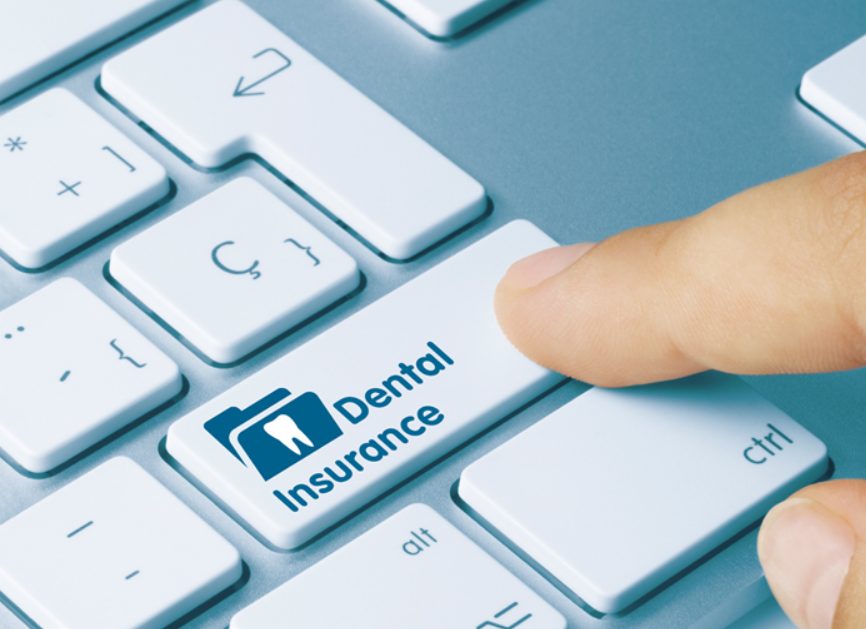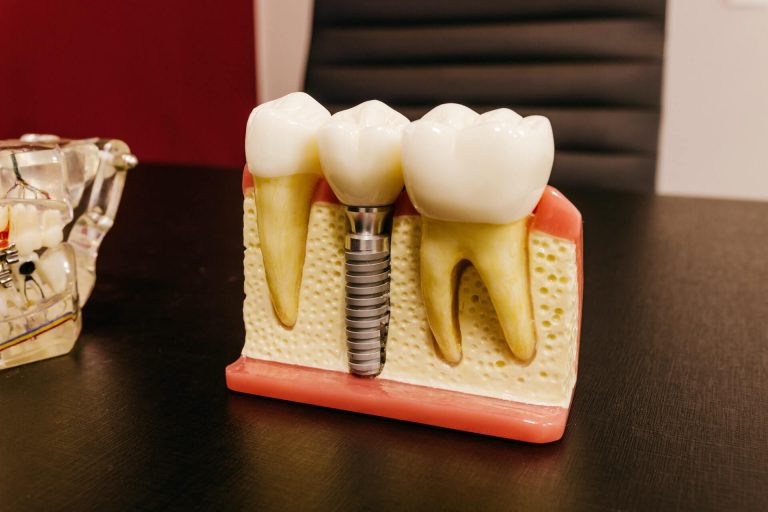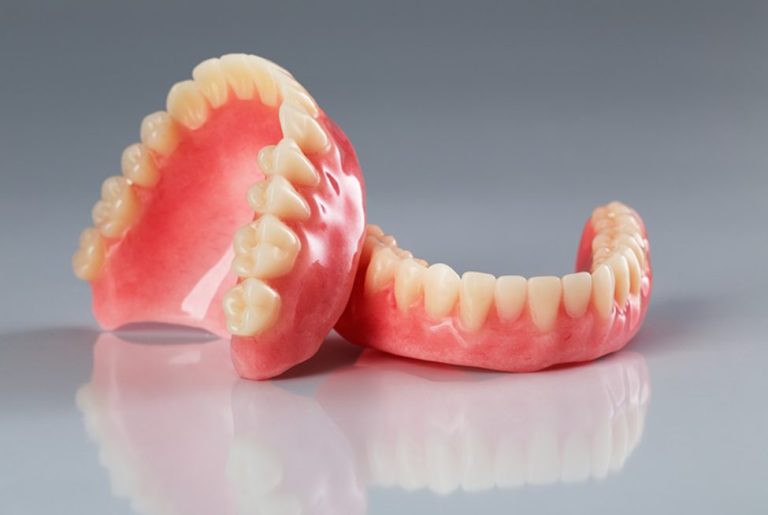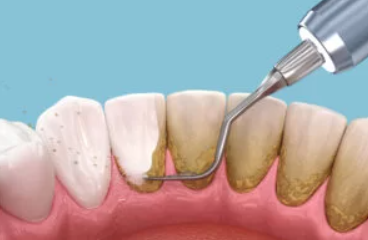Contents
Dental Deductible: The Basics
A dental deductible is a predetermined amount of money you must pay out of pocket before your dental insurance plan starts covering the costs of your dental treatments. It’s essentially your share of the financial responsibility for your dental care.
How Does a Dental Deductible Work?
Imagine you have a dental deductible of $100. Until you pay $100 for covered dental services within a specific period (usually a calendar year), your insurance won’t kick in. Once you’ve met your deductible, your insurance plan will typically cover a percentage of the remaining costs, based on your plan’s benefits.
Example:
- You need a filling that costs $200.
- Your dental deductible is $100.
- You pay the first $100.
- Your insurance covers the remaining $100 (assuming 100% coverage for fillings).
Types of Dental Deductibles
There are a few different types of dental deductibles to be aware of:
- Individual Deductible: This is the amount each individual enrolled in the dental plan must pay before their coverage begins.
- Family Deductible: This is the total amount a family enrolled in the dental plan must pay before any member’s coverage starts. Once the family deductible is met, coverage kicks in for all family members.
Factors Affecting Dental Deductible Amounts
Several factors can influence the amount of your dental deductible:
- Type of Dental Plan: Dental plans with lower monthly premiums often have higher deductibles, while plans with higher premiums tend to have lower deductibles.
- Coverage Level: Plans with more comprehensive coverage may have higher deductibles compared to plans with basic coverage.
- Insurance Provider: Different insurance providers may set different deductible amounts for their dental plans.
Understanding Dental Deductibles and Other Cost-Sharing
Dental deductibles are just one aspect of cost-sharing in dental insurance. Other cost-sharing components include:
- Coinsurance: This is the percentage of the cost of covered dental services you’re responsible for after meeting your deductible. For example, if your plan has 80% coinsurance, you’ll pay 20% of the cost, and your insurance will cover the remaining 80%.
- Copayments: These are fixed amounts you pay for specific dental services, regardless of the total cost. Copayments typically apply to preventive care and basic services.
- Annual Maximum: This is the maximum amount your dental insurance plan will pay for covered services in a calendar year. Once you reach your annual maximum, you’ll be responsible for any additional costs.
Strategies for Managing Your Dental Deductible
While dental deductibles are a part of most dental insurance plans, there are ways to manage them effectively:
- Choose the Right Plan: Carefully consider your dental needs and budget when selecting a dental plan. If you anticipate needing extensive dental work, a plan with a lower deductible might be beneficial, even if it has higher monthly premiums.
- Schedule Preventive Care: Most dental plans cover preventive care, such as cleanings and exams, at 100%, even before you meet your deductible. Take advantage of these benefits to maintain good oral health and potentially avoid costly procedures later on.
- Plan Major Procedures Strategically: If you need major dental work, consider scheduling it towards the end of the year if you’ve already met your deductible. This way, you can maximize your insurance benefits.
- Utilize Flexible Spending Accounts (FSAs) or Health Savings Accounts (HSAs): These tax-advantaged accounts allow you to set aside pre-tax dollars to pay for qualified medical and dental expenses, including deductibles, coinsurance, and copayments.
Dental Deductibles: FAQs
1. Do all dental plans have deductibles?
Most dental plans have deductibles, but some plans, particularly those with high monthly premiums, may offer no-deductible options.
2. Can I use my dental insurance before meeting my deductible?
Yes, you can still use your dental insurance before meeting your deductible, but you’ll be responsible for paying the full cost of covered services until you reach your deductible amount.
3. Does my dental deductible reset every year?
Yes, dental deductibles typically reset at the beginning of each calendar year.
4. Can I negotiate my dental deductible?
Dental deductibles are usually set by the insurance provider and aren’t negotiable. However, you can compare plans from different providers to find one with a deductible that fits your needs and budget.
5. Are there any dental services not subject to the deductible?
Some dental plans may cover preventive care, such as cleanings and exams, at 100%, even before you meet your deductible.
Conclusion
Dental deductibles are an essential part of understanding your dental insurance coverage. By understanding how deductibles work and utilizing effective strategies, you can manage your dental care costs and make informed decisions about your oral health.
Read More: A Comprehensive Guide to Aetna Medicare HMO Plans






